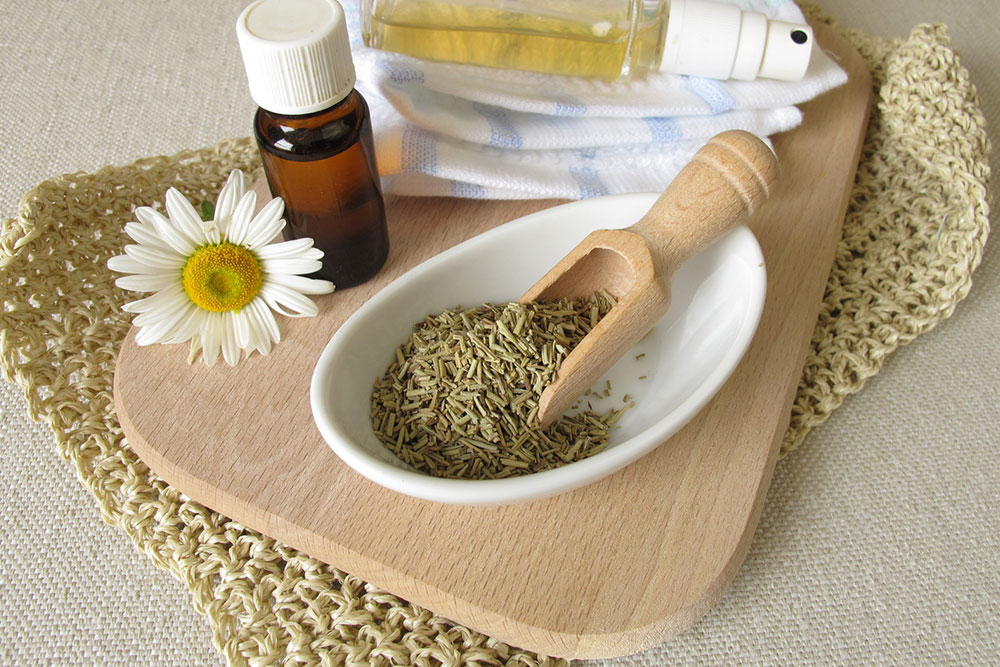
Natural bug repellents – Benefits of ingredients and DIY options
Bugs can cause extensive damage and disruption in both the yard and home. While they play an important role in the garden ecosystem, they can sometimes feed on fruits, vegetables, flower buds, and leaves. Additionally, some bug bites can lead to skin irritation or more severe health issues in humans. To avoid these harmful insects, it is advisable to use an all-natural bug-repellent instead of chemical sprays or insecticides.
Following are some of the best ingredients to prepare homemade bug sprays and a few DIY recipes.
Natural substances that help repel bugs
Natural substances are preferred because they are effective without causing health issues. A list of the most popular and efficient natural ingredients that can be used to make bug spray is given below.
- Citrus oil
The most popular natural bug repellents are citronella and citrus oils like limonene. It is known that many small bugs, like mosquitoes, hate the strong smell of citrus. - Garlic oil
Many studies suggest that garlic oil has the potency to repel bugs, especially ticks. The smell of allicin, a compound found in garlic, is found to be intolerable to these insects. - Thyme essential oil
Some research has proved thyme essential oil to be effective in repelling mosquitoes. However, it is not safe in the concentrated form, so it has to be diluted with a carrier oil before being applied to the skin. - Lemon eucalyptus oil
The lemon eucalyptus oil is a potent natural substance that can repel mosquitoes. Oil is extracted from the leaves of the lemon eucalyptus tree. This oil is a strong natural bug repellent, so there is a risk associated with its application on the body. It could be harmful if it gets into the eyes. - Dill essential oil
Dill oil is an essential oil made from the seeds, leaves, or stems of the herb. It can effectively repel aphids, spider mites, and cockroaches. You can spray the oil on vegetables and indoors to keep away insects. - Cinnamon oil
The strong, spicy scent of cinnamon oil is effective in repelling many bugs, especially mosquitoes. The compound called eugenol present in the spice is a component of many natural bug sprays. - Lavender essential oil
Lavender oil is also used as a mosquito repellent but may not be as effective as the alternate solutions. Lavender possesses powerful analgesic, antifungal, and antiseptic properties that effectively prevent mosquito bites and effectively calm and soothe the skin. - Peppermint oil
Peppermint oil contains strong compounds that can even kill mosquitoes. Some studies have also shown that this oil is effective at warding away spiders, ticks, cockroaches, flies, fleas, etc. Peppermint oil has a great smell and is also more potent compared to other essential oils. - Cedarwood oil
Cedarwood oil works as an excellent flea and moth repellent. One can use it alone or in combination with citrus oil. One can mix olive oil with cedarwood oil and make a natural repellent spray. - Neem oil
Neem oil is the most popular organic insect repellent used against plant bugs. It contains many active components, and azadirachtin is the most potent among them. This compound reduces insect feeding. It also interferes with the hormones of the insect and, stunts their growth, and makes it harder for them to lay eggs. Neem oil has been found to be effective in repelling mosquitoes for around three hours, with a success rate of up to 70%. Additionally, topical use should be avoided as it can irritate the skin.
DIY Sprays
Many can create natural bug sprays at home with the help of the following steps.
Natural bug repellent for skin
When making a bug spray for the skin, choosing oils that are safe for topical application is essential.
Essentials
Lemon eucalyptus oil or lavender oil, witch hazel, and a glass spray bottle
Preparation
- Mix lemon eucalyptus oil or lavender essential oil and witch hazel in a ratio 1:10.
- Shake well to mix and transfer in a spray bottle.
Homemade bug spray for indoors
For making a natural insect repellent to spray around the interior and exterior of the house, always choose ingredients that are hypoallergic.
Essentials
L avender essential oil, lemon eucalyptus oil, citronella essential oil, distilled water, white vinegar, and glass spray bottle
Preparation
- Take 2 ounces each of distilled water and white vinegar and mix.
- Into this mixture, add 10 to 20 drops of each of the essential oils.
- Gently shake the mixture.
Homemade bug spray for plants
Some essential oils can cause damage to the plants. So, take caution to choose the one that is suitable for a plant species.
Essentials
Thyme essential oil, distilled water and glass spray bottle
Preparation :
- Mix a few drops of thyme essential oil in distilled water. Blend the mixture.
- Pour in a spray bottle and shake well before use.




